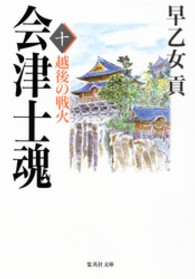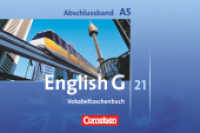基本説明
伝説的な弓の名手についての大河物語に託して独立から’70年代のインドの状況を語るポストコロニアル小説。
Translated by Gayatri Chakravorty Spivak. This important novel by a major Indian writer, touches on vital issues that have, since the book's first publication in 1980, grown into matters of urgent social concern, including land rights and human rights.
Full Description
Written in 1980, this novel by prize-winning Indian writer Mahasweta Devi, translated and introduced by Gayatri Chakravorty Sprivak, is remarkable for the way in which it touches on vital issues that have in subsequent decades grown into matters of urgent social concern.
Written by one of India's foremost novelists, and translated by an eminent cultural and critical theorist.
Ranges over decades in the life of Chotti - the central character - in which India moves from colonial rule to independence, and then to the unrest of the 1970s.
Traces the changes, some forced, some welcome, in the daily lives of a marginalized rural community.
Raises questions about the place of the tribal on the map of national identity, land rights and human rights, the 'museumization' of 'ethnic' cultures, and the justifications of violent resistance as the last resort of a desperate people.
Represents enlightening reading for students and scholars of postcolonial literature and postcolonial studies.
Contents
Translator's Foreword. 1. 'Telling History': An Interview with Mahasweta Devi.
2. Chotti Munda and his Arrow.
Translator's Afterword.
Notes.







